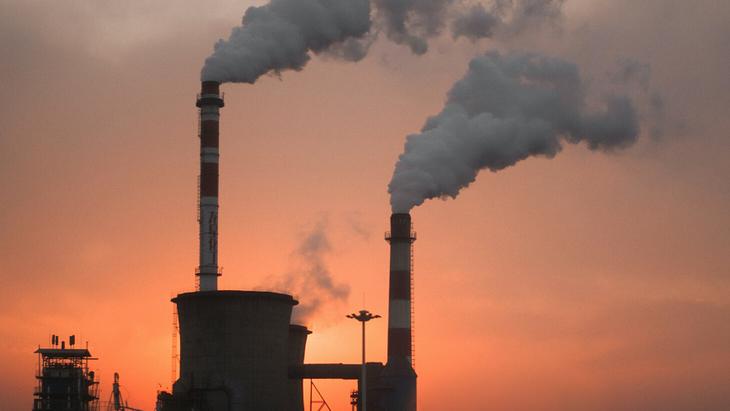The European Parliament’s approval on 23 June of a draft law overhauling the bloc’s emissions trading system (EU ETS) has been met with widespread criticism from industry and environmental NGOs.
The reform would phase out free CO2 permits for industries under the ETS by 2032 and replace them with a carbon levy on imported steel, cement and other products. It would also extend the ETS to include emissions released by the maritime sector, which until now has been excluded, and establishes a separate system for buildings and road transport, Euronews reported.
The ETS reform “goes in the right direction in parts, but not far enough to meet the Paris climate targets,” the German Renewable Energy Federation (BEE) said.
While the expansion of CO2 trading to heat and transport is an important step, “the price signal is still too weak”, said BEE president Simone Peter. Also striking a critical note was Environmental NGO WWF Europe: “The agreed proposal is no more than old wine in new bottles as it fails to reintroduce the critical elements that had been lost in the first vote following intensive industry lobbying.”
The German Chemicals Industry Association (VCI) said current plans could “hinder rather than encourage long-term planning for the mammoth task of transforming the industry”, adding that CO2 certificate prices were rising “uncontrollably”. The VCI’s Jörg Rothermel warned: “If the prices for CO2 certificates continue to increase as they have in recent months, the whole system will blow up in our face. Then we no longer need to compete with other regions of the world.”
The German Association of Local Utilities (VKU) said it still saw “a need for improvement”. VKU head Ingbert Liebing added that it was right to gradually extend the ETS to the building and transport sectors. “But the compromise gets tangled up in complexity. This needs to be improved.” The Federation of German Industries (BDI) cautioned that the “new emissions trading system for road traffic and buildings must not become an empty shell — for example through postponements, changes in the scope of application or price caps. Emissions trading for aviation should only apply to intra-EU flights.”
